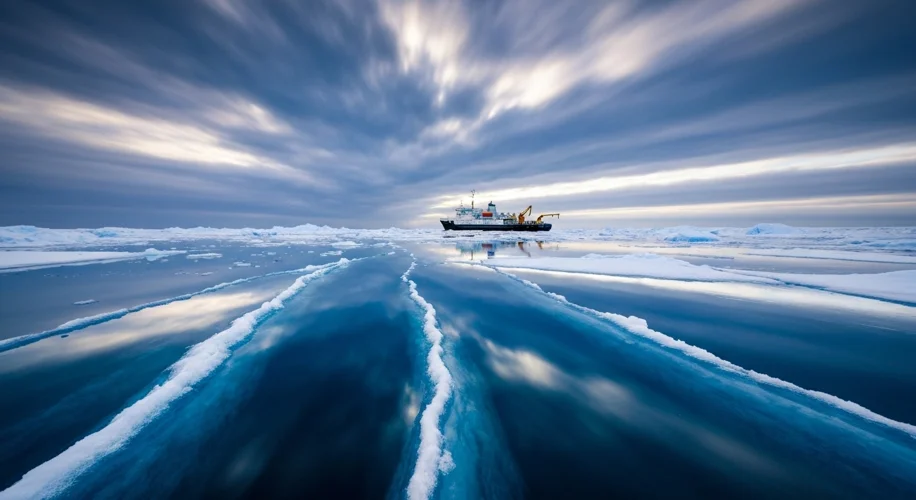It’s Simone, and today I want to talk about something happening at the very bottom of our planet that has huge implications for all of us: Antarctica.
Recent reports, like one from Live Science, are highlighting that abrupt changes are taking place in Antarctica, and these shifts will affect the world for generations to come. As someone who studies climate modeling, this isn’t just fascinating science; it’s a critical warning sign.
What’s Happening in Antarctica?
Antarctica isn’t just a vast expanse of ice. It’s a massive ice sheet that holds about 70% of the world’s fresh water. The continent plays a significant role in regulating global climate and ocean currents. However, like many places on Earth, it’s sensitive to rising global temperatures.
Scientists are observing changes, particularly in the ice sheets and glaciers, that are happening faster than anticipated. This can include accelerated melting, ice shelf collapses, and shifts in ocean currents that surround the continent.
Why Does This Matter to Us?
Even though Antarctica is thousands of miles away, what happens there doesn’t stay there.
- Sea Level Rise: The most direct impact of melting Antarctic ice is sea level rise. If large portions of the ice sheet melt, it can lead to significant increases in global sea levels, threatening coastal communities worldwide.
- Ocean Currents: Antarctica’s cold, dense water is a major driver of global ocean circulation. Changes here can disrupt these currents, impacting weather patterns and marine ecosystems far from the continent.
- Global Climate Regulation: The ice and snow cover of Antarctica reflects a lot of sunlight back into space, helping to keep the planet cooler. Less ice means more heat absorption.
A Look Ahead
The “abrupt changes” mentioned in scientific circles often refer to potential tipping points. These are thresholds where a system can shift rapidly and irreversibly. For Antarctica, this could mean a point of no return for certain glaciers or ice shelves, leading to more significant and faster ice loss.
As a scientist, I’m always looking at the data and what it means. The science is clear: these changes in Antarctica are not just a distant environmental issue. They are interconnected with our global climate system and will have far-reaching consequences that our children and grandchildren will have to navigate. It’s a powerful reminder of how interconnected our planet truly is and why understanding these remote changes is crucial for our shared future.
This is why I’m so passionate about staying informed and advocating for solutions that address the root causes of climate change. Every bit of knowledge we gain helps us understand the challenges and opportunities ahead.

